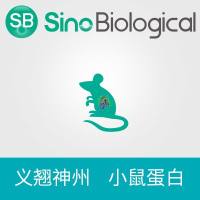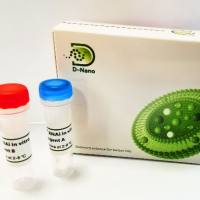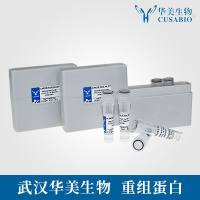Polymorphonuclear leukocyte (PMN) transmigration into tissues is a highly regulated process and plays a central role in host defense. In inflammatory human diseases such as ulcerative colitis and Crohn’s disease, the infiltration of intestinal mucosa by large numbers of PMNs contributes to epithelial pathophysiology. The sequence of events that fine-tune PMN migration across epithelial cells is not well-understood. In this chapter, we describe a method to study PMN transmigration across intestinal epithelial T84 monolayers using a modified Boyden chamber system. This in vitro model system consists of three main components: the epithelium, purified PMN, and a chemoattractant gradient. Intestinal epithelial cells are cultured as inverted monolayers on permeable filter supports to facilitate the study of PMN transmigration in the physiologically relevant basolateral-to-apical direction. PMNs are isolated from human blood using dextran sedimentation followed by Ficoll density gradient centrifugation. PMN transmigration is elicited using N-formyl-methionyl-leucyl-phenylalanine gradients and is quantified by assaying for myeloperoxidase activity. The advantages of this model are its reductionist approach and the fact that the system can be easily manipulated. Studies using this model system will shed more light on the mechanisms regulating PMN responses in acute inflammatory diseases.






